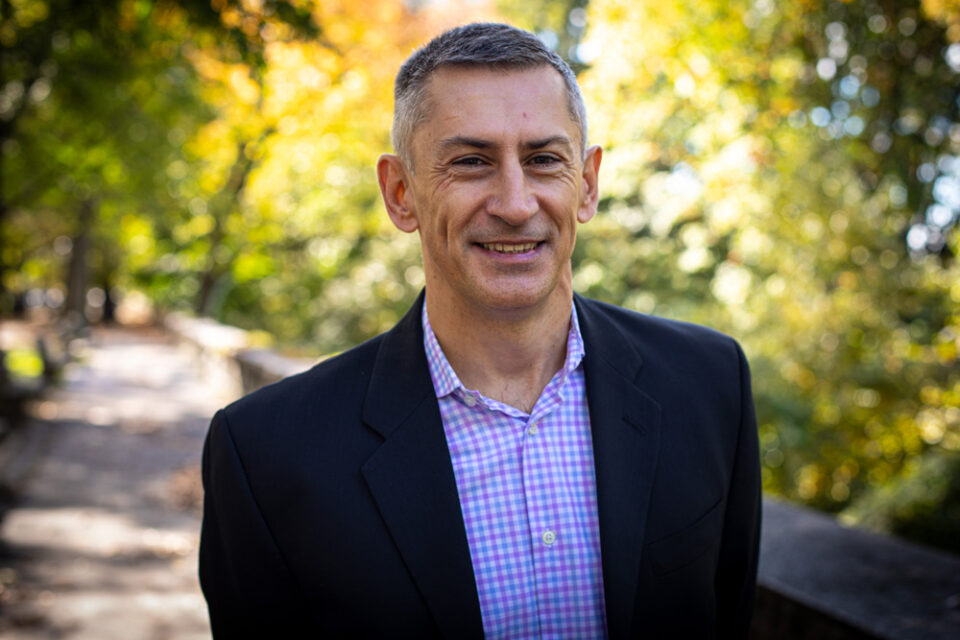DSI Alumni Download: Tomislav Galjanic, Data and Decision Analytics Pro
June 28, 2022

Tomislav Galjanic returned to academia to secure his second master’s degree—24 years after his first—as a springboard for his next career move.
“It’s a really exciting time to be in data science,” said the 2022 alumnus of Columbia University’s M.S. in Data Science program. “I feel like there is still so much I could learn. You realize how much new information there is and how rapidly things are moving forward every day.“
Galjanic has a bachelor’s degree in computer science from The University of Alabama and another master’s degree in management science and engineering from Stanford University. He spent a large part of his career in forecasting, modeling, and valuation with Southern California Edison, an electricity supply company. “I witnessed the explosion in big data from smart meters,” he said, “with a range of business cases popping up around what you could do with all these new data points.”
Before moving to New York City to gain expertise in the latest methodologies and tools for solving big data problems, Galjanic returned to his native country of Croatia to work on a range of projects, including energy investment, business development, and large-scale IT systems for the public sector.
At Columbia, Galjanic enjoyed exploring new topics in machine learning, natural language processing, deep learning, and reinforcement learning. He found that the neural network and reinforcement learning work was an extension of his previous decision science coursework.
“What ties them together is the goal of optimizing decision-making in complex and uncertain environments,” Galjanic explained. “Reinforcement learning takes this to the next level—building an agent which interacts with an environment, has feedback, learns through trial and error, from experience, and makes sense of the world, such as Alpha GO, self-navigating cars.”
Galjanic also enjoyed the youthfulness and energy of his classmates, many of whom were half his age. “They seemed impressed that someone my age would go back to school and keep up!”
His years of experience meant that Galjanic didn’t need a summer internship during the M.S. in Data Science program. He opted for an academic research project with Galen McKinley, a professor of earth and environmental sciences at Columbia’s Lamont-Doherty Earth Observatory and an affiliated member of the Data Science Institute’s education working group.
The McKinley Ocean Carbon Group studies how ocean physical and biogeochemical processes impact large-scale carbon cycling and primary productivity. Their studies encompass fluid dynamics, climate processes, biogeochemistry and ecology, and their primary research tools are numerical models, large historical datasets, and machine learning.
Galjanic applied his data science skills toward ocean carbon reconstruction modeling. “The ocean is huge, and comprehensive carbon absorption measurement is difficult,” he said. “Our approach was to bring data science and statistical methods to improve existing models of carbon absorption. I’m grateful to have contributed to this important and worthwhile study and to be co-author on a paper currently in review.”
For his next step, Galjanic seeks a leadership role in renewable and sustainable energy, market economics, finance, or technology that will put his expertise and experiences to use. “At this point in my career, I know my strengths,” he said. “I like hands-on data analytics and data-driven decision-making, as well as working with people and being a manager and a mentor.”
— Karina Alexanyan, Ph.D.